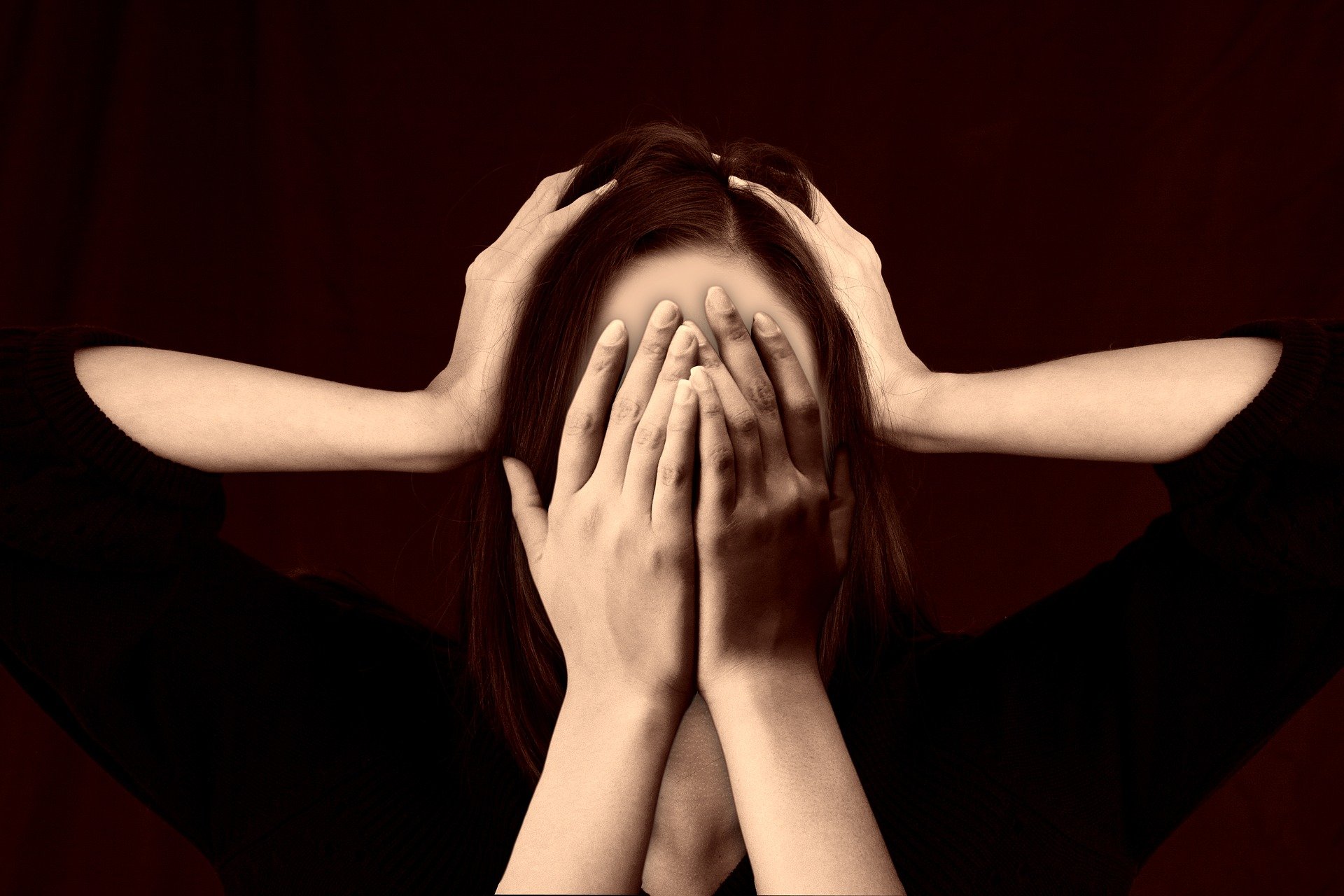Violence, in all its forms, leaves a deep mark on people’s mental health.
Violence in mental health refers to psychological or emotional abuse: inflicting psychological suffering. That is why exposure to violence can generate a wide range of mental health problems.
Violence covers any physical, sexual, emotional, economic and psychological act that influences another person. Thus, this is one of the most common forms of violence suffered by women worldwide.
Emotional and verbal abuse also includes discriminating against the elderly on the basis of age, insulting them and using hurtful words. Likewise, denigrating them, intimidating them, making false accusations, causing them psychological pain and suffering.
Exposure to violence can increase the risk of smoking, consuming alcohol or using drugs; of suffering from mental illness or suicidal tendencies; Likewise, suffering from chronic diseases such as cardiovascular diseases, diabetes or cancer; infectious diseases such as HIV and social problems such as crime or more.
The consequences of violence also point to depression, post-traumatic stress disorders, borderline personality disorders. As well as anxiety, substance abuse, sleep disorders, eating disorders and suicide.
Certain psychiatric illnesses increase a person’s risk of committing a crime. For this reason, research suggests that patients with mental illness may be more prone to violence if they do not receive adequate treatment. In addition, they actively suffer from delusions or suffer from long-standing paranoia.
Types of Violence:
Violence can manifest itself in various ways, such as:
Physical violence. Psychological. Sexual and Social.
Factors that cause violence:
- Poverty and marginalization.
- Poor physical infrastructure.
- Violence
- Presence of youth gangs.
- Organized crime.
- Weapons, drugs and alcohol.
- Precarious presence of authority.
- Environment of impunity and precarious administration of justice.
Types of domestic violence:
- Against women: sexist violence, in all its forms.
- Violence of adolescent or young children against parents: despotic behavior, violence, threats.
- Against boys and girls: sexual abuse, physical violence, emotional abuse, neglect. It is especially serious because it affects the development of personality.
- Against homosexual couples: another form of violence within the couple.
- Against older people: physical and emotional abuse, denying them the necessary physical or economic attention, neglect.
- Emotional abuse: blaming the victim for all the problems in the relationship, devaluing them, reiterating attention and interest.
- Against family members with disabilities, taking advantage of their vulnerability.
- Against men, sometimes hidden.
- Physical abuse: direct physical attacks.
- Against a cohabitant in the same home (people who share a flat).
- Psychological abuse: threats of physical harm to the victim or to other people, intimidation, coercion, degradation and humiliation, false accusations and ridicule.
Types of abuse:
- Emotional: blaming the victim for all the problems in the relationship, devaluing her, reiterating attention and interest.
- Sexual abuse: any form of sexual activity without consent, causing pain during sex, assault. Likewise, practising coercive sex without protection against pregnancy or sexually transmitted diseases, using sexually degrading insults.
- Social: systematic isolation from family and friends through techniques of continuous discourtesy with family and friends. Likewise, going to live in places where the victim does not know anyone and the prohibition or physical impediment to go out and meet people.
- Verbal: continued “disdain” and humiliation, in private or in public.
- Economic: total control of all money, with no access to bank accounts, providing only an insufficient “allowance.”
- Spiritual: denying access to ceremonies, preventing religious contemplation, forcing victims to do things against their beliefs, etc.
Remember that the consequences of violence on mental health are treatable. Consequently, psychological therapy, medication, and social support can help people overcome trauma and rebuild their lives.
I invite you to read another article:
Alexithymia: The Challenge of Living in Imagination
https://www.medicalpharmanews.com/en/alexithymia-the-challenge-of-living-in-imagination/






